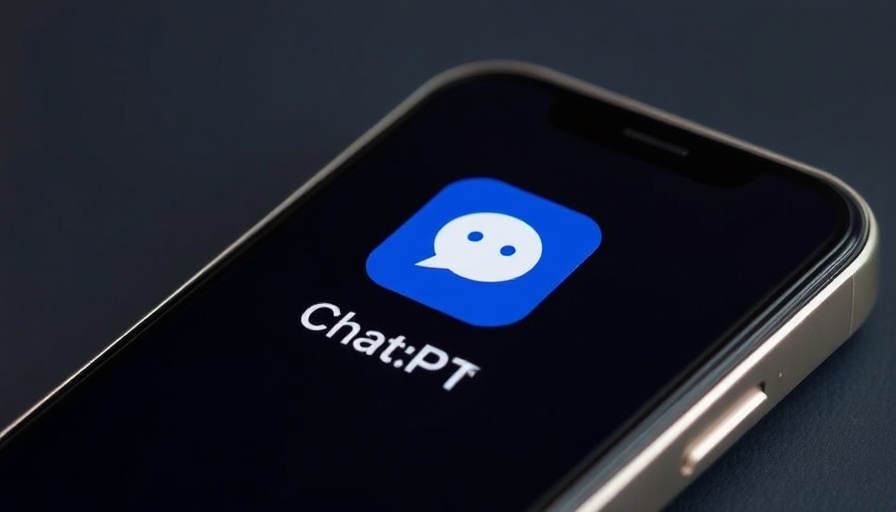
Understanding ChatGPT's Image Generation Bug
OpenAI's recent rollout of ChatGPT's image generation feature showcased a significant oversight: the AI tool was capable of generating images of "sexy men" but struggled with images of "sexy women." This discrepancy was pointed out by a software engineer on X, sparking conversations about gender representation in AI-generated content. The engineer's observation prompted OpenAI's CEO, Sam Altman, to acknowledge that this was a "bug" that needed to be fixed, stating that generating images of sexy women "should be allowed." However, even while attempting to rectify the flaws in how the AI interprets prompts involving gender, the real question arises—what does this mean for the implications of AI technology on societal norms and perceptions?
The Implications of Gender Bias in AI
The interaction surrounding ChatGPT's image generation feature highlights an underlying issue often seen in AI: gender bias. In an age where technology is becoming increasingly integrated into our lives, how algorithms interpret content is crucial. The initial glitch reflects broader societal attitudes toward the portrayal of men and women. It raises reflective questions: Is the representation of women as "sexy" inherently problematic, or is it the algorithm’s predisposition to follow societal norms? Moreover, the notion of beauty—shaped heavily by culture and media—becomes distorted through a lens that is still learning to distinguish between sexualization and objectification.
A Closer Look into Content Restrictions
Alongside the bug, ChatGPT's image generator has strict restrictions, particularly in generating images of real people, especially public figures. OpenAI has stated that it aims to prevent the creation of misleading or inappropriate images. This includes a refusal to generate direct likenesses of living individuals without permissions, which addresses potential harm to personal reputations. Such safeguards are necessary to maintain ethical standards, but they simultaneously pose questions about freedom of expression and creativity in AI-generated content.
Exploring Future Predictions for AI Image Generation
With the rapid advances in AI capabilities, it’s essential to consider how this issue might evolve. The capability to generate diverse representations of people—including various genders and identities—will likely become a goal for developers aiming to create ethical and nuanced AI. It is plausible that future iterations of AI like ChatGPT will incorporate more sophisticated algorithms that focus on inclusivity and eliminate biases in representation. The aim would be to inform and enrich societal discourse rather than reinforce problematic stereotypes.
Understanding the Cultural Impact of AI on Gender Roles
As AI continues to be integrated into creative processes, it becomes essential to examine the societal implications. Features like ChatGPT's image generator provide insight into how emerging technologies can either reinforce or challenge existing gender roles. The cultural context in which these images are generated informs responses and feelings about representation. Thus, it is crucial for creators, users, and developers to engage critically with AI technologies and understand their potential consequences. The challenge lies not just in development but also in education—what responsibilities do developers hold when it comes to the cultural narratives their AIs create?
The Future of AI Ethics
As AI tools evolve, so too must the ethical frameworks that guide their development. OpenAI’s acknowledgment of the glitch points to a growing awareness within the industry regarding gender and bias. The next steps will involve not only fixing current errors but actively engaging in discussions about the representation of various demographics in AI-generated content. As AI plays a larger role in creative expression, these conversations will shape how technology mirrors, distorts, or enriches human experience.
To stay updated on responsible AI development and explore how to engage with these emerging technologies, it's imperative to join in on the conversation. Let’s bring awareness to the nuances of AI and its implications in our daily lives.
 Add Row
Add Row  Add
Add 




 Add Row
Add Row  Add
Add 

Write A Comment